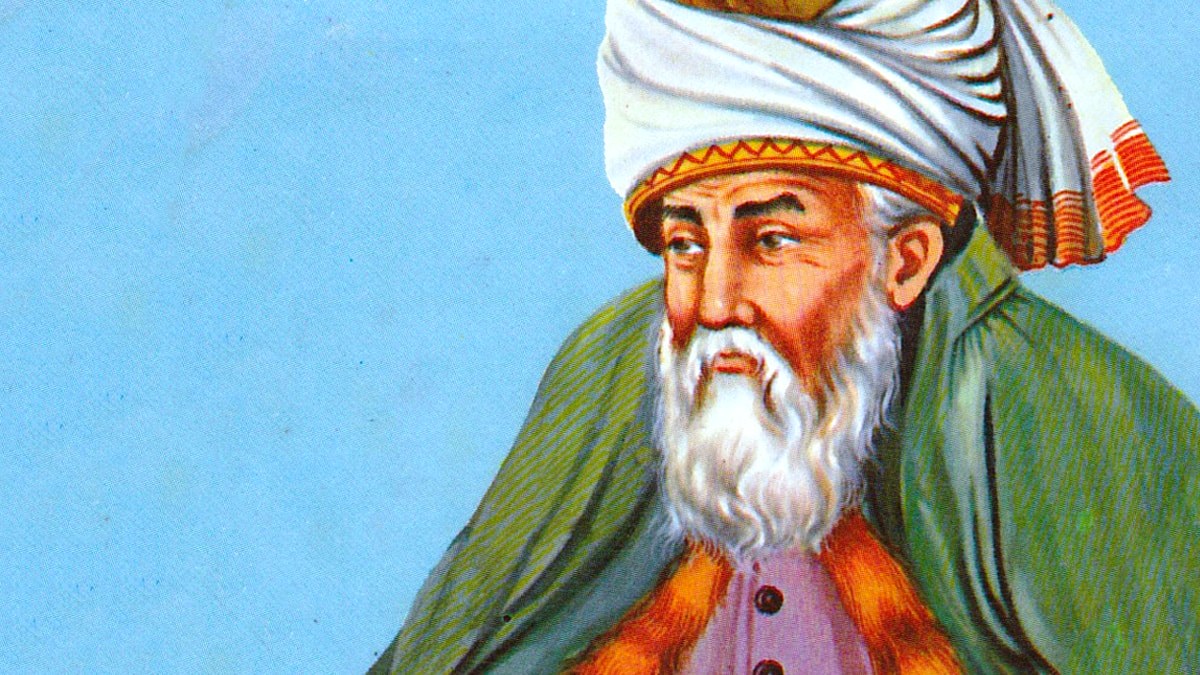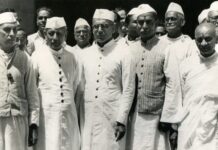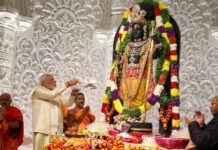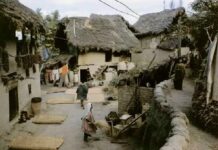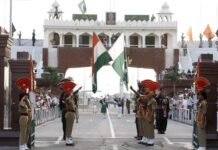Author: Khaliq Parvez Publisher: Mirson Publications, Baramulla Rs.350, pp 356
Wani Mh
It was shock and awe when Fareeda Ghani, a greying old woman, who came aboard first trans-LoC bus in April 2005, wept bitterly in the full glare of media in Srinagar – the place of her birth. She was barely three when hounded out of Kashmir with her family soon after Sheikh Abdullah became the ‘emergency administrator’ of Kashmir on January 13, 1949. Fareeda’s father Abdul Gani Rentoo, city’s only Bar at Law, did not support Sheikh’s politics and expected deportation. But the practice of deporting political opponents to the Pakistan administered Kashmir (PaK) standardised by Sheikh, was institutionalized by his successors. Jillawatan is one of those hundreds of stories that a victim survived to tell, though half a century later. But it deserves the credit for being one of the best Urdu works from Kashmir.
It is a thrilling story of the survival of a man who, as the victim of the vicious plot, battles to live and becomes a professional story teller only to decide, after a cardiac attack, to tell his own story. From conspiracy to dictatorship on one side of the LoC to the suspicion and ignorance on the other side, the book narrates several other stories about a generation that was lost to Kashmir’s political instability well before 1990.The story starts on the eve of 1957’s Republic Day when six political activists are detained and an SP rank officer decides to deport the three and retain a ‘friendly’ trio back home. A direction is issued in their presence and by morning a soldier is forcing them to cross a roaring Uri rivulet in near-freezing conditions at gun point. The author, being the youngest and the bravest (naughty too; his own admission), leads the trio to other side and their struggle against weather and terrain keeps the reader guessing about what next?
After being rescued ‘near dead’, the stage is set for another battle; this time to disprove that instead of being on an espionage mission, they are members of Political Conference and victims of an authoritarian regime that hates and dislikes their ideology. Once they manage it, they find themselves as pariahs on the streets of Muzaffarabad; rootless and penniless! The book narrates scores of stories of others’ suffering for the same reason. The epic ends with his brother embracing him at Delhi Railway station when the author came on a three-month visiting visa. With a slight emphasis on the human aspect of the story, Jillawatan would become an all-time masterpiece in Kashmiri literature. Instead of a reprint, the book requires a second edition.
It is a thrilling story of the survival of a man who, as the victim of the vicious plot, battles to live and becomes a professional story teller only to decide, after a cardiac attack, to tell his own story. From conspiracy to dictatorship on one side of the LoC to the suspicion and ignorance on the other side, the book narrates several other stories about a generation that was lost to Kashmir’s political instability well before 1990.The story starts on the eve of 1957’s Republic Day when six political activists are detained and an SP rank officer decides to deport the three and retain a ‘friendly’ trio back home. A direction is issued in their presence and by morning a soldier is forcing them to cross a roaring Uri rivulet in near-freezing conditions at gun point. The author, being the youngest and the bravest (naughty too; his own admission), leads the trio to other side and their struggle against weather and terrain keeps the reader guessing about what next?
After being rescued ‘near dead’, the stage is set for another battle; this time to disprove that instead of being on an espionage mission, they are members of Political Conference and victims of an authoritarian regime that hates and dislikes their ideology. Once they manage it, they find themselves as pariahs on the streets of Muzaffarabad; rootless and penniless! The book narrates scores of stories of others’ suffering for the same reason. The epic ends with his brother embracing him at Delhi Railway station when the author came on a three-month visiting visa. With a slight emphasis on the human aspect of the story, Jillawatan would become an all-time masterpiece in Kashmiri literature. Instead of a reprint, the book requires a second edition.



